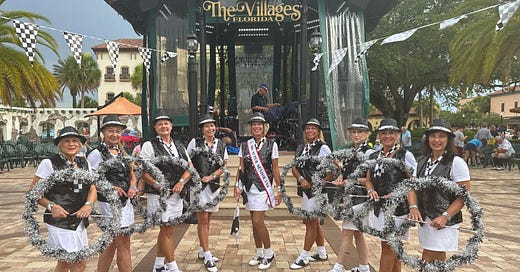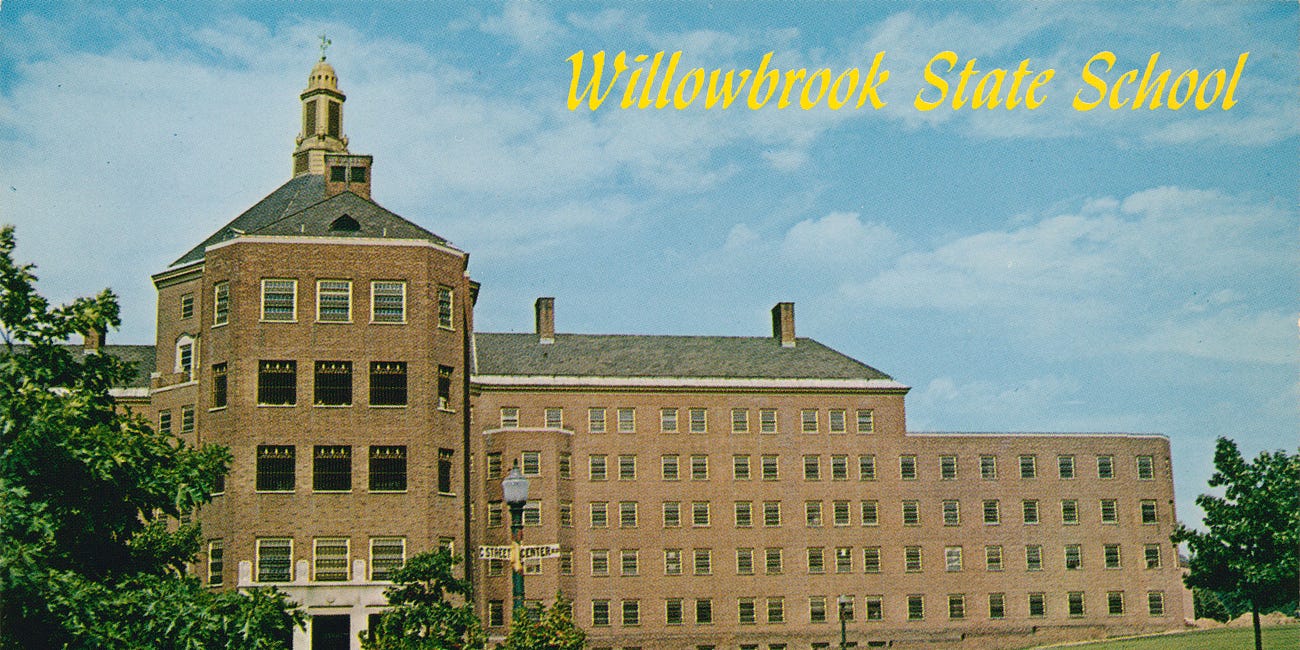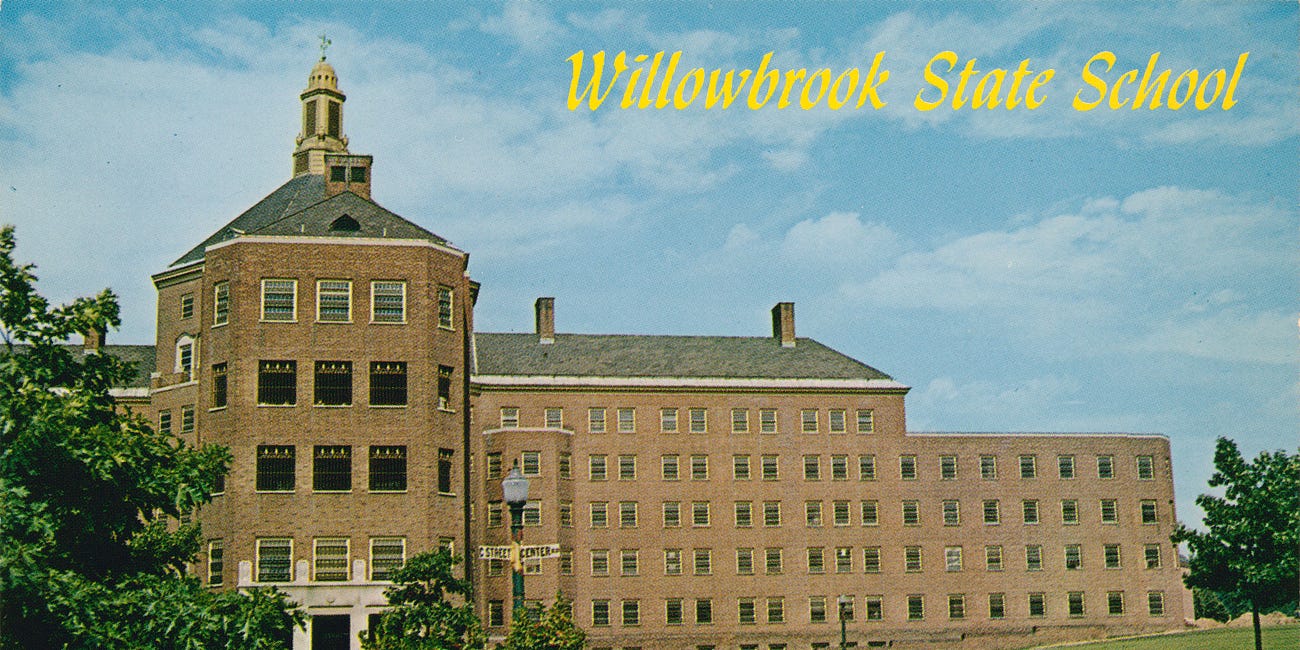On Sunday, Ian had a focal seizure, which triggered a whole series of phone calls with medical providers, on top of all the usual ways we support him during the week. It completely derailed my week. So my ears perked up when Harris announced on The View that she had a new Medicare at Home Plan. Would this help me at all?
Her program is aimed at the 105 million caregivers in our country, mostly women, who are caring for elderly family members. Under her plan, Medicare would paying caretakers for their work or paying for a private nurse in their homes. It would provide a better safety net for seniors in the final years. (So, not for me, but I’m still highly sympathetic to any caregiving support program.)
The problem with Harris’s plan is costs. Home health care providers are hard to find, and the total costs for around the clock care is huge. The Brookings Institute estimates that a conservative program would cost $40 billion a year. There are a whole host of other questions about eligibility and coverage. Harris’ plan is big on heart and low on details. But we should still continue the conversation.
What Exists Now
Right now, most seniors use Medicare for their health care, but Medicare does not cover long-term services and assistance, like home health aides. 24/7 home care aides for one person can cost more than $200,000 per year.
But people end up staying in their home with inadequate help, but there isn’t a great alternative. Nursing homes are expensive and kinda crappy. When I would visit my Aunt Theresa when she was in a facility, the staff used to prop up highly medicated seniors in wheelchairs next to the elevator, so they could watch people coming in and out of their floor. Eventually, my mom hired someone to watch Aunt Theresa in her home, because it was cheaper than the nursing facility and better quality.
Harris wants to address our country’s inadequate senior support system by subsiding the costs of in-home care. However, critics say that Harris’s plan is simply too expensive. It’s a little sad, but if we actually paid women for all their unpaid work, it would bankrupt our country.
In an editorial for the Washington Post, they write:
In a policy area where many other politicians have tried and failed to make progress, Ms. Harris deserves credit for restarting a necessary discussion. She would deserve even more credit if her plan were not itself a work in progress.
So, let’s continue this conversation on our own without worrying about Harris’s particular plan.
Communal is Better than Solitude
While our family hasn’t had to deal with senior care matters yet, I do know quite a bit about the disability support system. And it sucks. The paperwork trail is crazy. There’s inadequate funding for those who need 24/7 support, and the available options are pretty bad. Extreme family oversight is needed.
Even with funding, there is no place for these young adults with disabilities. The government shut down the institutions for disabled people in the 70s, but they didn’t put anything in its place. So, adults with autism and Downs Syndrome live with their aging parents in solitude and boredom until their parents finally die.
If given a choice between living alone in a suburban house with no access to public transportation or living with a bunch of fun people in a dorm, where would you live? A dorm, right?
If my son can’t live independently, then I would love for him to live in a community complex with other people who are like himself. I want him to have access to a common kitchen and built-in social life. He did that for five weeks at an autism college last summer and loved it. He will probably be going back in the spring for a full semester. (Fingers crossed that he is healthy enough.)
Outside of this college program, we don’t have a lot of options. There is one independent living housing arrangement for high functioning people in Northern New Jersey, but it has a ten-year waitlist. We need more housing with supports like this one but the organizations that build these homes face the same issues as others fighting for affordable housing in our state. NIMBY, big time.
Still, communal living is clearly the best option for disabled adults like my kid. I think we need to go back and look at communal living situations for seniors, too. People choose to live at home, because the senior care facilities are poorly run. What if we put money into creating better places, rather than doing the home care program?
The Villages is the Sangri-La for senior housing. Senior zip around the streets on golf carts on their way to swim classes or the clubhouse to play Mahjong. Homes cost as little as $200K, which is a bargain compared to home prices here. Could we build an affordable Villages-type complex with built-in medical care? Wouldn’t that be more awesome than sitting alone in a house that is rotting under your feet?
I’ve always been a fan of communal living. It’s efficient and social, both essential needs of marginalized groups. While I love that Harris has started a conversation about caregiving, I think we need to examine all options, including an exploration of community housing.
Related
Government closed the institutions, but they didn’t put anything in their place.
Source: NYPL - Public Domain
Where We Put People
Looking back at his time at Willowbrook State School — the now closed institution for individuals with intellectual and developmental disorders on Staten Island — Marco Damiani told me that he’ll never forget the smell.






People with Downs syndrome, autism, or mental illness can go to adult foster care.